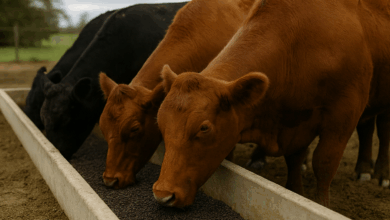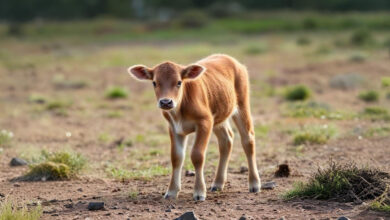Biochar Initiatives in Haiti: Fighting Deforestation with Green Charcoal
Biochar production is emerging as an eco-friendly alternative to traditional charcoal, reducing deforestation and promoting sustainable land use in Haiti.

Haiti’s longstanding reliance on wood-derived charcoal for cooking has led to severe deforestation, with estimates indicating that only 1-2% of the country’s original forest cover remains. To combat this environmental crisis, innovative biochar initiatives are emerging as sustainable alternatives, aiming to reduce deforestation and promote eco-friendly land use.
The Rise of Green Charcoal
Organizations like Carbon Roots International (CRI) have pioneered the production of “green charcoal” in Haiti. By converting agricultural waste—such as sugarcane bagasse—into biochar, CRI produces briquettes that serve as cleaner-burning cooking fuel. This approach not only offers a sustainable energy source but also alleviates pressure on the nation’s dwindling forests.
Community Engagement and Economic Benefits
Local communities play a pivotal role in these biochar projects. Residents collect biodegradable waste materials, which are then processed into biochar. This community-driven model not only provides an alternative to traditional charcoal but also fosters economic opportunities and environmental stewardship.
Environmental and Health Advantages
Transitioning to biochar-based fuels offers multiple benefits:
- Reduced Deforestation: Utilizing agricultural residues for biochar production decreases the demand for wood, preserving existing forests.
- Improved Air Quality: Biochar briquettes emit less smoke compared to traditional charcoal, leading to better indoor air quality and reduced respiratory issues.
- Soil Enhancement: Beyond serving as a fuel, biochar can be used as a soil amendment, improving soil fertility and crop yields, thus contributing to sustainable agriculture.
Challenges and Future Prospects
While biochar initiatives present promising solutions, challenges such as scaling production, ensuring consistent quality, and changing consumer habits remain. However, with continued community engagement and support from organizations, biochar has the potential to significantly reduce deforestation and promote sustainable land use in Haiti.
In conclusion, biochar production stands as a viable and eco-friendly alternative to traditional charcoal in Haiti. By harnessing agricultural waste, these initiatives not only protect the environment but also empower communities, paving the way for a more sustainable future.



